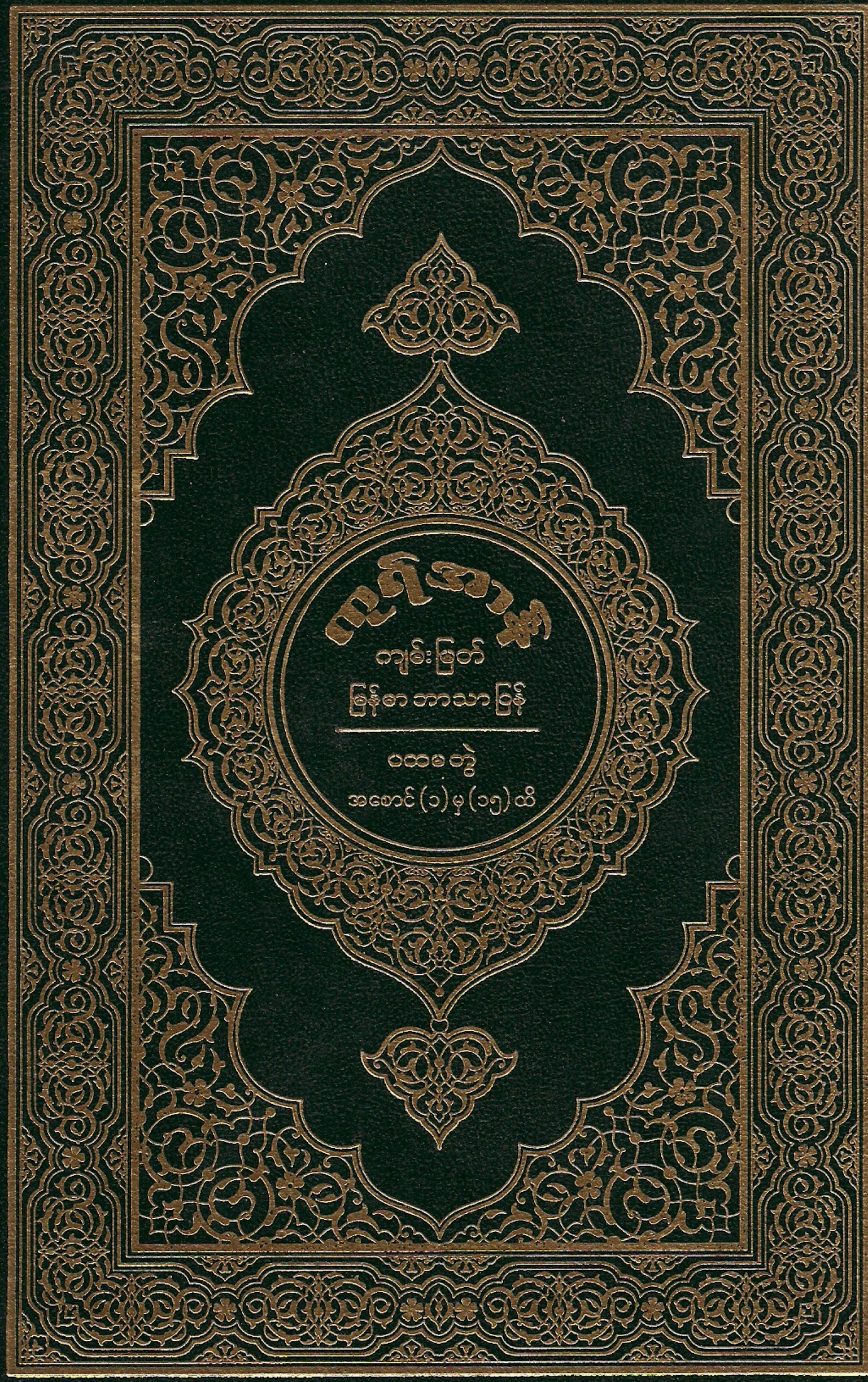`Eid Al-AdhaA Message for All Abrahamic Faiths
|
||||
Taken from the original posting at Islam Online.net |
||||
The Festival of the Sacrifice appears to the casual observer to be a fun day with no strings attached. There is no month-long fast before it, as with `Eid Al-Fitr. However it provides a serious reminder to every believer about the true meaning of belief: the trust, love, gratitude, and obedience owed by all of us to Allah Most High. `Eid Al-Adha celebrates a story common to Jews, Christians, and Muslims, one I first learned as a little girl at my church Sunday school. It is the story of a brave father and brave son, whose faith, trust, and love for God were put to the supreme test. Every believer who hears this story is given pause for thought. How strong is our faith? How much are we prepared to sacrifice for our Lord and Sustainer?
Peace and Good Will
This year the Festival of the Sacrifice falls in the week between two highlights of the English year: Christmas and New Year. At the same time, the Jews also are celebrating the festival of Hanukkah, in commemoration of the rededication of the temple to the One God, after it had been cleansed of the Greek idols that had desecrated it. For the English, Christmas, which commemorates the birth of Jesus (peace be upon him), is a time to think of others and visit relatives and friends, share gifts and good wishes, and indulge in all sorts of special foods.
Many argue that Christmas has become an excuse for greed, drunkenness, and materialism, that remembrance of Jesus (peace be upon him) is eclipsed by the remembrance of Father Christmas. However, the idea of a season of peace and good will is certainly something that Muslims can approve of. British children up and down the country even dress up like Palestinians when they act out the traditional Nativity plays. On New Year people make New Year’s Resolutions, intentions to change themselves for the better by being kinder or healthier and so on. Is not the correction of intentions an Islamic duty? A festive season that encourages neighborliness and generosity and good intentions can go a long way to keeping spirits up when days are short, cold, and gloomy.
As someone with many Christian relatives to visit at this time, I feel that my schedule this year is even more tightly packed than usual now we are squeezing `Eid in the middle as well. I even fear that `Eid Al-Adha is going to be somewhat overwhelmed this year by all the Christmas spirit. My children have received so many presents and chocolates already this year that I fear they may well push further treats aside … or maybe not!
Concept of Sacrifice
As I talk with Muslim friends with roots in Muslim countries about the nature of `Eid, it becomes clear that in England the central focus of `Eid Al-Adha has been lost — the sacrifice itself. I have listened with interest to descriptions of the way in which the animal intended for the `Eid sacrifice is cared for tenderly and fed choice food to fatten it up, of how it becomes a loved member of the family. On the big day, it is garlanded with red cloth and flowers and paraded through the streets prior to being sacrificed. The importance of the love and care given to the animal beforehand was emphasized to me because it is important that the sacrifice is of something that is loved and valued. It also shows the Islamic teaching of kindness shown to all creatures. Influenced by materialist values acquired while studying economics, I also pondered on the monetary value of the animal. It could be a bit like sacrificing one’s BMW X5 — but rather more useful because of the value of the meat to feeding the poor.
However, English towns and by-laws are not congenial to the home rearing of `Eid animals, so English Muslims tend to send their qurbani money (money paid for the sacrifice, which brings one close [qurb] to Allah) to pay for a sacrifice abroad to feed Muslims in need, or they order their meat in advance from the butchers, and in a neighborly gesture distribute that around friends and relatives.
Other customs, however, remain the same, like the habit of dressing up in new clothes. Kind friends have just given my children some new shalwar-kameez (Pakistani style shirt and trousers) so they too will have something sparkly and gorgeous. Pakistani friends tell me of a traditional breakfast dish made from vermicelli called semia. Often children receive money, and of course, `Eid is a day for visiting family and enjoying good food. I was told by one lady of an interesting “fusion food” that her family sometimes make on `Eid if they feel like something a bit different — Asian-style fish and chips cooked in a spicy gram batter.
Abrahamic Faiths
I asked my 10-year-old daughter what she knew about `Eid Al-Adha. She told me the story of Abraham, and then she added, “But I thought sacrificing animals was pagan and Islam was against such things.” However, the Qur’an gives us the answer when it tells us [theirflesh and their blood do not reach Allah, but it is the devotion from you that reaches Him] (Al-Hajj 22:37). The Qur’an also tells us to use some of the meat to feed the beggar and the supplicant. My daughter then remembered another story involving sacrifice from the Gospels, which she had heard at school. I think the Feast commemorating the father of the Abrahamic faiths is a fitting occasion to mention this Christian parable involving the same theme of a father, a son, and a sacrifice. The story is one of the best-known parables attributed to the Prophet Jesus (peace be upon him), the story of the Prodigal Son.
The story concerns a man who had two sons. One son was a spendthrift and a waster who demanded his inheritance early and left home to spend it. He soon lost all his money and was reduced to such difficult circumstances that he ended up being a pig herder. However, he decided to return home to his father, unsure of what sort of a reception he would receive. His father welcomed him with open arms and ordered the fatted calf to be killed. The brother who had been dutiful and stayed with the father became angry that his undeserving brother should receive such an honor. But the father told him that he should be merry and glad because his brother was safe after being lost and feared dead.
It is agreed upon by all three Abrahamic faiths that Abraham had two sons, one the father of the Israelites and one the father of the Arabs. When, as a result of the patient delivery of the noble message of the Qur’an by the Prophet Muhammad (peace be upon him), the sons of Ishmael rejected idolatry and returned to the pure monotheistic faith of their father Abraham, this was surely, according to the parable of the Prodigal Son, an occasion for great rejoicing by the sons of Isaac, and indeed all followers of the Abrahamic faiths, including the non-Semitic nations that had embraced Abraham as their spiritual father. Sincere devotion to the One True God is the message of `Eid Al-Adha to all of us — Jew, Christian, or Muslim.
|
||||
|
|
||||
Filed under: Blogging, British, Islam | Tagged: Abrahamic Faiths, Eid, Islam, IslamOnline, UK. | Leave a comment »












+(Small).jpg)

